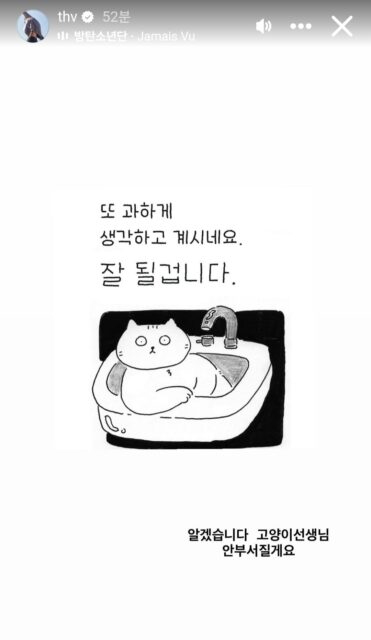A recent study conducted by ChildFund Korea has highlighted a concerning trend among South Korean students.
The survey — which involved over 10,000 students ranging from elementary to high school levels and was carried out in December 2023 — revealed that a significant number of them are studying for hours well beyond what is considered healthy.
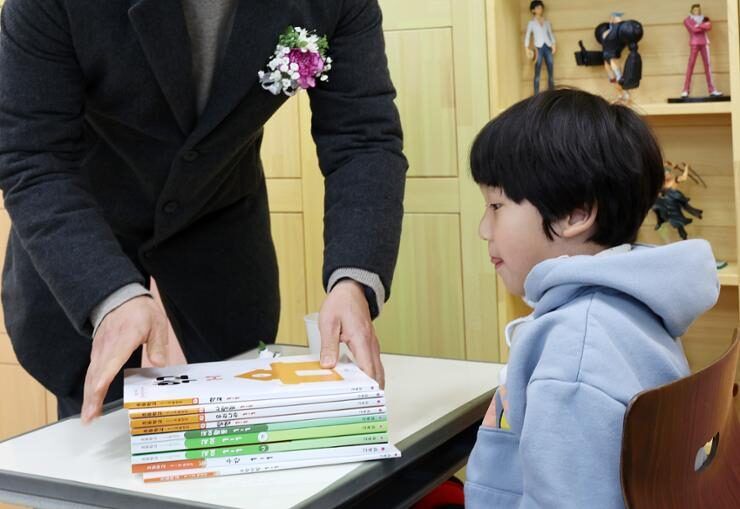
Findings indicate that approximately 65.1 percent of students are exceeding the advisable limits on study time. For younger students in lower elementary levels, average study times were reported at approximately 2 hours and 17 minutes daily, while older elementary students averaged 2 hours and 47 minutes.
Study time naturally increases with age, with middle schoolers studying around 3 hours and 12 minutes and high school students studying approximately 3 hours and 33 minutes daily.
Meanwhile, the recommended study durations suggest less than 60 minutes for younger elementary students and under 120 minutes for their older counterparts. Recommendations for middle school and high school students are slightly higher, capped at 150 minutes and 180 minutes, respectively.
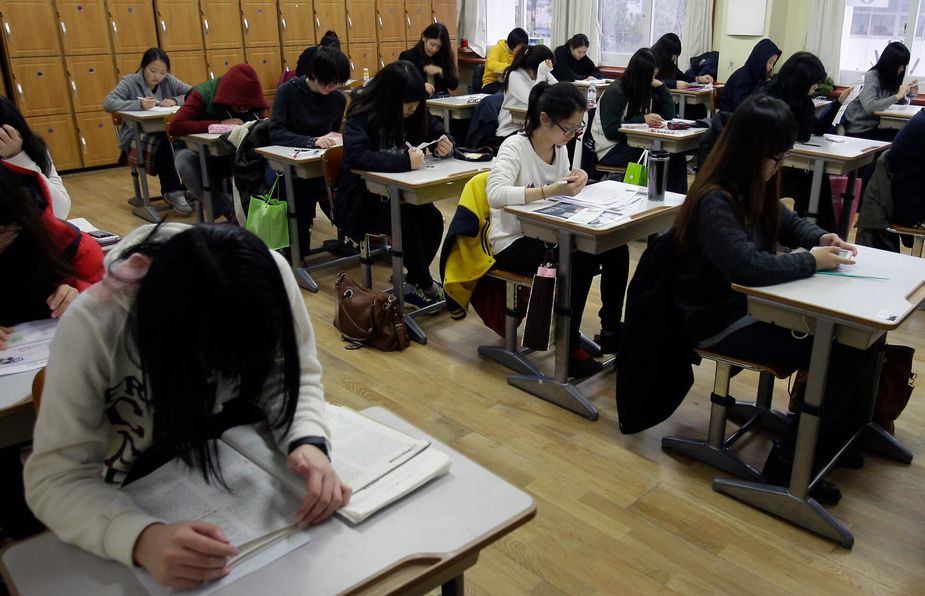
Moreover, the survey revealed other alarming issues affecting students’ health. About 19% of the children were found to get less sleep than the recommended hours, with elementary students averaging nine hours, middle schoolers around seven hours and 51 minutes, and high schoolers only about six hours and 32 minutes of sleep each night.
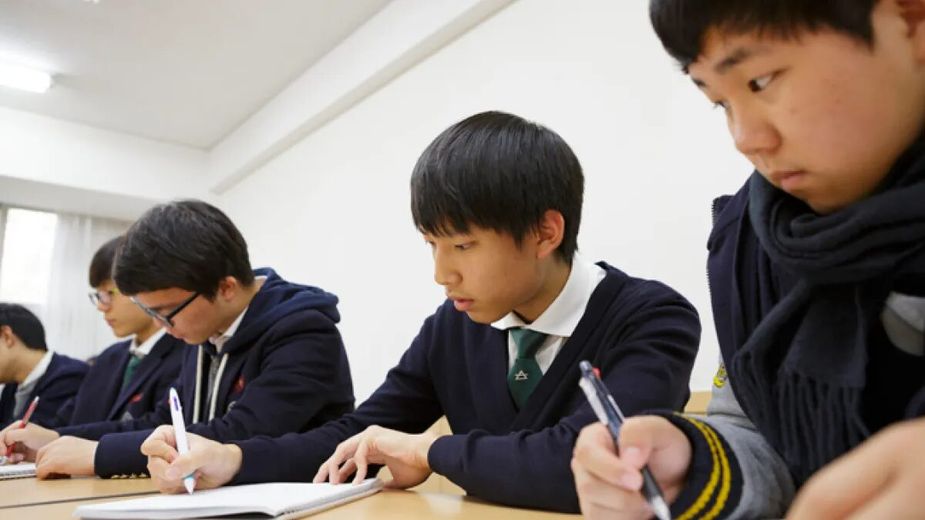
These excessive study hours aren’t only taking a toll on the students’ sleep, but also on their leisure. Over 60% of the respondents reported spending their free time watching videos alone on smartphones rather than engaging with friends or family.
Additionally, more than 13% of students are experiencing insomnia, primarily due to factors such as late-night use of smartphones, environmental noise, and the pressure to complete academic tasks.
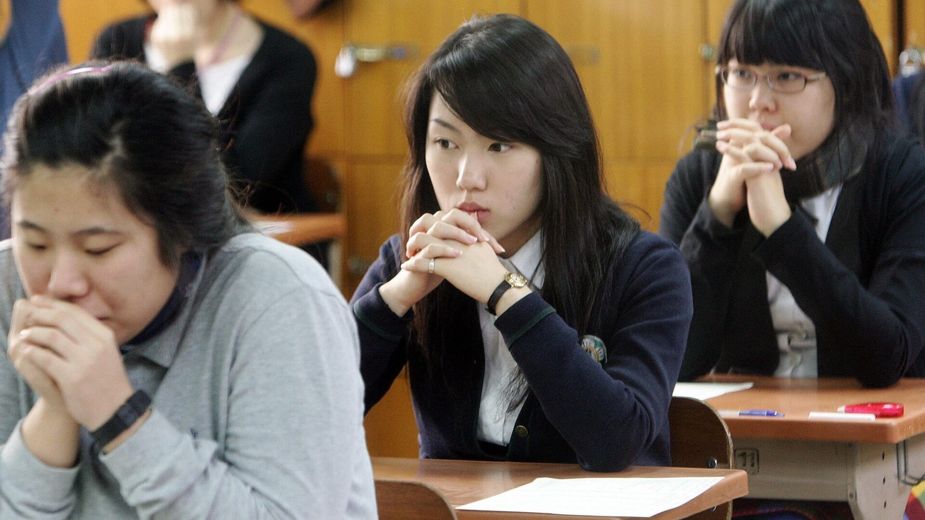
As a result, ChildFund Korea has called on the government to establish national guidelines that would ensure adequate sleep and manage study hours more effectively, aiming to foster a healthier balance in the lives of South Korean youth.
Source: KoreaTimes

